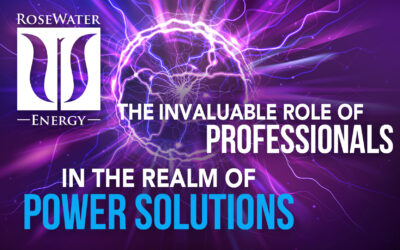When we first started the company, we defined critical loads as security and surveillance, control, networking, communication, and audio video. The essential and critical loads are expanding as we move towards more and more electrification of a home and more and more conveniences that are centered around the network. These products are centered around all of the critical infrastructure of a house, including lighting, appliances and plumbing fixtures. As technology develops, our essential or critical load panels continue to increase. That is what prompted us to build a second product with twice the capacity.
What I’m trying to do in this particular episode is just let you know, there are products that are microprocessor intensive and lifestyle important, that now qualify as part of the critical loads that should be protected by Rosewater.
TRANSCRIPT
Hi, this is Joe Piccirilli, CEO of Rosewater Energy, and welcome to another episode of Rosewater Unscripted. Today, I should say recently, I have been asked to define critical or essential loads. So I’m going to spend the next couple of minutes talking about a critical load panel or the essential loads that should be covered by a Rosewater device.
When we first started the company, we defined critical loads as security and surveillance, control, networking, communication, and audio video. That was sort of what we thought would be our critical load
panel, and many of our earlier Rosewater units were used to cover those systems within a residence.
It’s interesting over the past six years how things have evolved. The next thing that became really requested to be protected by a critical load panel were LED lights, because LED lights did not last as long as they were advertised. And the reason they didn’t last as long as they were advertised was because power quality is not so good and they really don’t respond well, their life is shortened by voltage fluctuations. So now, aside from our original list, we not only include lighting control, but we include, if you have LEDs, all lights within the residence.
So that was an addition, but an addition a Rosewater unit could handle with no problem. Then as we have gone down the road, all of a sudden it was, you know, I have a wine room or a wine cellar. I need that to be protected because I can’t afford for that to go out. So okay, so we added wine rooms to our critical load panel, our central loads. From there, it was all of a sudden, you know, people started adding things like humidors and then appliances.
You might ask why would an appliance need to have perfect power? It turns out that the control systems in appliances are really susceptible because they are microprocessors are really susceptible to voltage fluctuations. So now all of a sudden cooktops, refrigerators are added to what are critical or essential loads. It’s interesting if you were to look at the current owner’s manual by Wolf, an appliance manufacturer actually issue instructions on how to reboot their cooktop. So they are already preparing for cooktops needing rebooting or the microprocessors and cooktops needing rebooting because of power problems.
So my point is here, the essential and critical loads are expanding as we move towards more and more electrification of a house and more and more conveniences that are centered around the network, that are centered around all of the critical infrastructure of a house, including plumbing fixtures in the future, our essential or critical load panels continue to increase.
And that is what prompted us to build a second product with twice the capacity. So what I’m trying to do in this particular episode is just to let you know, there are products that are microprocessor and lifestyle important, microprocessor intensive and lifestyle important, that now qualify as part of the critical loads that should be protected by Rosewater.
I hope that helps clarify things. See you at the next episode. Thank you.



